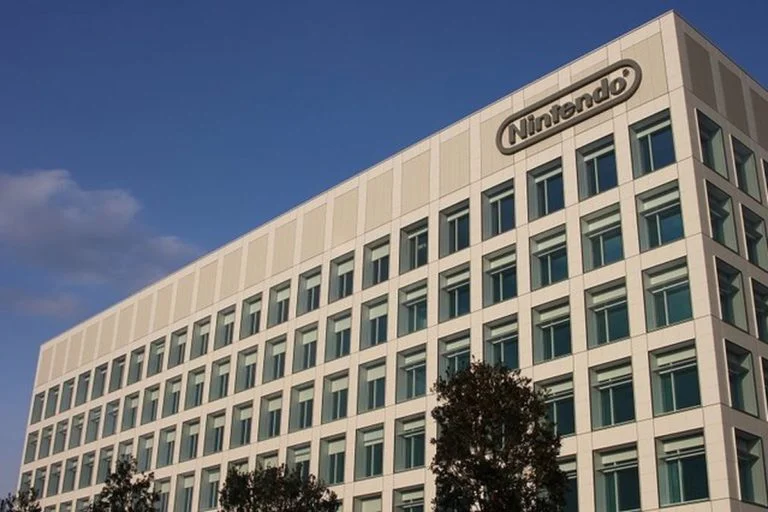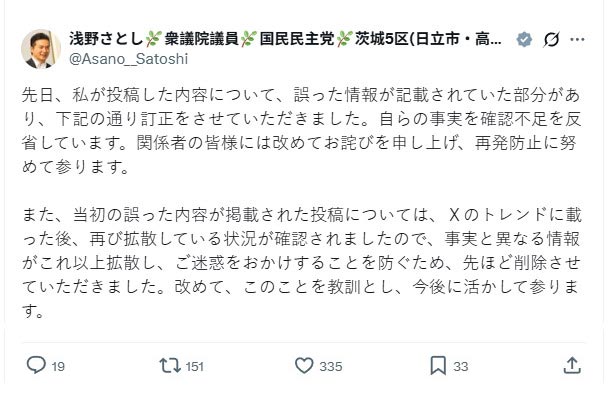Nintendo recently officially denied reports that it lobbied the Japanese government against the use of generative AI.

The incident stemmed from a social media post by Japanese lawmaker Satoshi Asano last Saturday, in which he claimed that Nintendo was "avoiding the use of generative AI to protect its intellectual property" and was "lobbying the government."
This claim quickly sparked heated debate, prompting Nintendo to issue a rare official statement clarifying the matter.
Nintendo stated in a statement: "Contrary to online discussions, Nintendo has not had any contact with the Japanese government regarding generative AI. We will continue to take necessary measures to prevent infringement of our intellectual property rights, regardless of whether generative AI is involved."
Satoshi Asano subsequently retracted his earlier remarks and publicly apologized, saying, "I deeply regret my failure to adequately verify the facts."

It is worth noting that earlier this year, Nintendo of America President Doug Bowser also discussed the company's views on AI technology in an interview.
Bowser told CNBC: "From a holistic perspective on technology, whether in game development or hardware, Nintendo always aims to use technology that delivers a better gaming experience. This is the core starting point for our consideration of whether to use a technology, including AI."
He added: "Everything starts here... It plays a very important role in our decision-making process and shapes how we view and use AI."
The rise of generative AI is putting significant pressure on many creative industries, including the gaming industry. AI tools like Midjourney have been criticized by many in the industry for using artists' work for training without their permission, and even for replacing the work of professional creators to a certain extent.
According to the latest GDC "State of the Games Industry Report," nearly 50% of developers said their companies were already using generative AI tools, while a staggering 84% expressed concerns about their use.
Furthermore, data shows that as of this summer, the number of games labeled as using generative AI on Steam had increased by 800% year-on-year. This trend has sparked further discussion in the industry about AI regulation and creative ethics.
